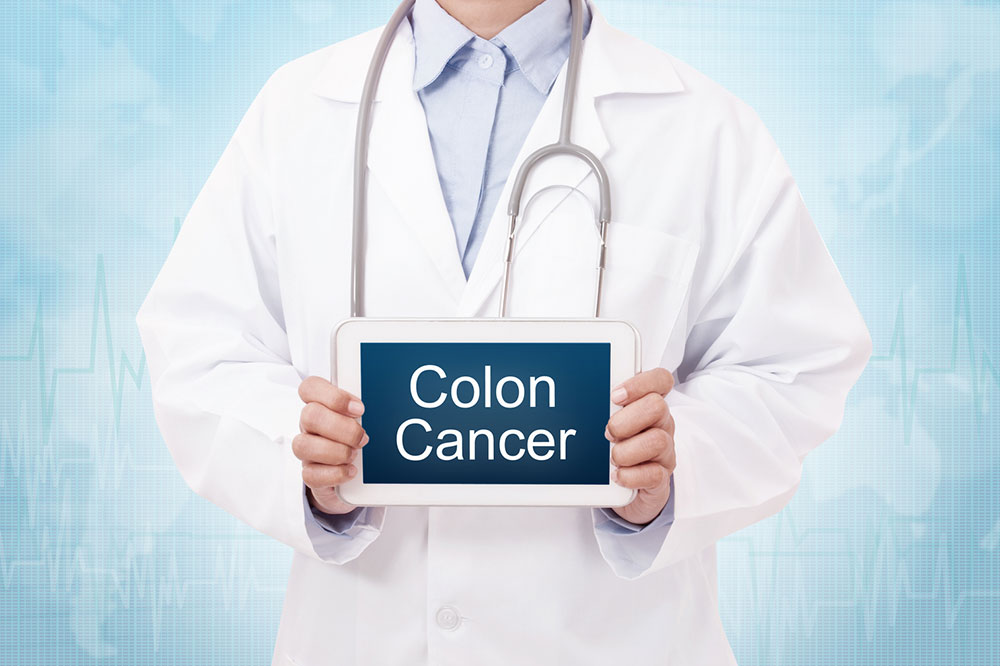
4 Early Warning Signs of Colon Cancer
Cancer that starts in the rectum or colon is generally referred to as colorectal cancer. The condition is also called colon cancer or rectal cancer, depending on where the problem starts. The progressive disease develops when cells in the colon mutate and multiply rapidly and uncontrollably. It can also spread to several distant organs in the body. Here, we discuss four main types of symptoms that colon cancer patients experience in the early stages:
1. Early-stage symptoms
Rectal bleeding, persistent abdominal pain, cramps, or gas are among the first signs of colorectal cancer. As the unhealthy cells mutate and spread in the colon or around the rectum, the severity of these symptoms will increase. One can also develop anemia – a lack of healthy red blood cells that carry oxygen to vital tissues. While anemia is otherwise caused due to an iron deficiency, progressive conditions like cancer in the gastrointestinal tract trigger bleeding, and excessive blood loss significantly increases the risk of anemia.
2. Symptoms related to bowel movements
While rectal bleeding is the most common symptom, one must also note any abrupt changes in the color of the stools. Changes in consistency, passing narrow stools, diarrhea, constipation, or even passing empty stools are signs of a problem. Additionally, tenesmus is a common symptom associated with colon cancer where one suffers from the continuous feeling of passing bowels but cannot do so.
3. Unusual symptoms
Cancer can also trigger several systemic symptoms. This is mainly due to the gastrointestinal tract changes that trigger loss of appetite, weakness, and fatigue. Note that progressive conditions like cancer also trigger rapid, and at times, persistent changes in body weight. Some people may even experience nausea and vomiting. Additionally, the risk of jaundice also increases if cancer spreads to the liver. This risk is higher when one’s immunity is compromised.
4. Metastatic symptoms
Progressive disorders like cancer reach a state of metastasis where the abnormal cells mutate rapidly and start affecting other organs in the body. If the cancer spreads up towards the abdomen, it can cause the stomach to bloat and swell rapidly. Frequent instances of bone pain and fractures indicate the cells have started affecting the skeletal system. In severe cases of colon cancer, metastasis may even affect the lungs, resulting in shortness of breath, persistent cough, and difficulty breathing. If the disease spreads to the spinal cord, symptoms like confusion, memory loss, vision problems, difficulty speaking, and seizures may occur.
One should remember that colon cancer symptoms can change depending on the disease’s stage, size, and location of the tumor. Immediate medical attention is advisable if any symptom persists. Early diagnosis and treatment play a crucial role and can help improve quality of life to a great extent.


